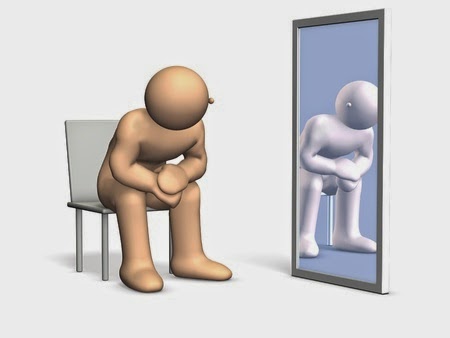 |
| Alex Tremble, author of The GPS Guide to Success |
I am drawn to people who have an exciting vision and take bold action. I’m especially impressed with individuals who develop these behavior patterns at a young age.
Alex Tremble is such a person, and I’m privileged to know him.
We met on Twitter after he gave me positive feedback about one of my blog posts. Our 140-character exchanges led to phone conversations where I learned about his deep commitment to helping young people. His passion is to provide high school students, college students and young professionals with tools and opportunities that can help them succeed.
Following his own model for success led Alex to become the youngest U.S. Federal employee chosen to manage a Government-wide executive development program and receive an invitation to the 2013 White House Youth Summit. It’s also what drove him to start his own company, GPS Leadership Solutions, and write an ebook.
After reading The GPS Guide to Success: How to Navigate Life to Reach Your Personal and Career Goals, I was impressed with the life principles he’s internalized, and I realized why he’s achieved so much already in his life.
It’s because he’s living what he writes about.
Alex describes a simple three-step system (Goals-Plans-Strategies) for achieving your dreams.
These steps are presented in a clear, easy-to-follow format – important for his target audience.
One of my favorite chapters focuses on the benefits of figuring out the WHY of your goal. Too often we decide WHAT we want and then jump into figuring out HOW to get there.
But taking time to examine WHY you want to achieve your goal pays big dividends down the road. Because your WHY will continue to fuel your motivation and drive when the going gets tough.
The process Alex recommends you follow to get at your WHY involves drilling down to uncover your deepest reason. Here’s what you do:
1. Identify your goal, the outcome you want to achieve.
2. Ask yourself, “Why is that my goal?” and “Why is that important?”
3. After you come up with your answers, ask the same two questions regarding the responses you just gave.
4. Repeat until you cannot ask WHY anymore.
Alex explains that you've now “most likely identified your end destination.”
I like to think of it as identifying one of your core values. You've figured out what truly feeds your spirit and gives meaning to your life.
With your Goal clearly tied to your WHY, creating the Plan and developing creative Strategies becomes easier. To stay on that path, Alex gives readers three career tips that are absolutely essential to their success in life and work:
- Self-Development
- Find a Support Network
- Take Responsibility for Decisions
Anyone entering college or starting their career will find valuable information for navigating unfamiliar territory.
I look forward to seeing what great things Alex accomplishes in his life as he continues to implement his own GPS Guide to Success.


























